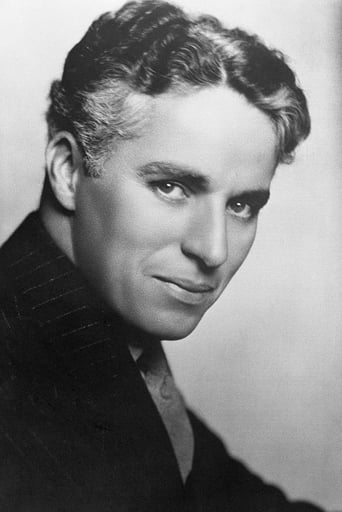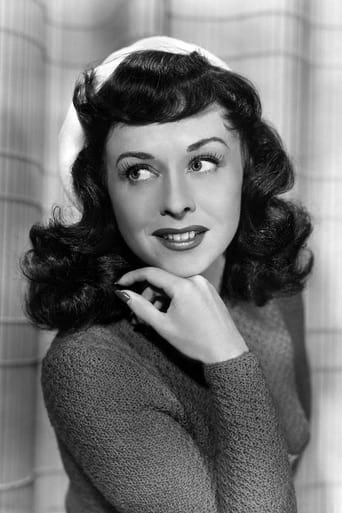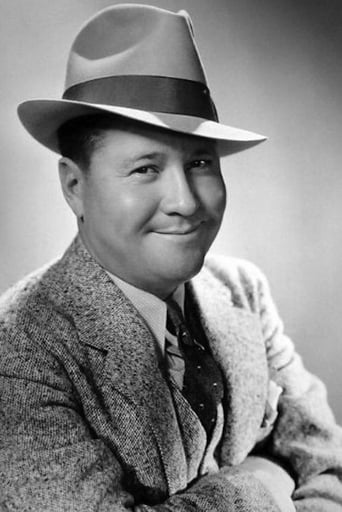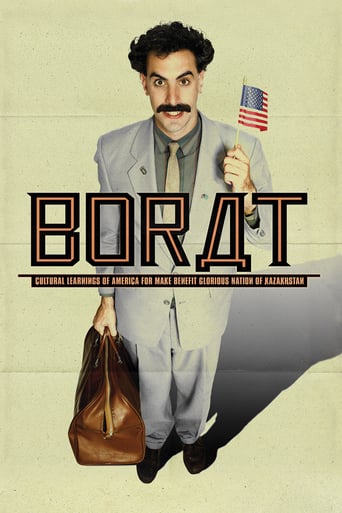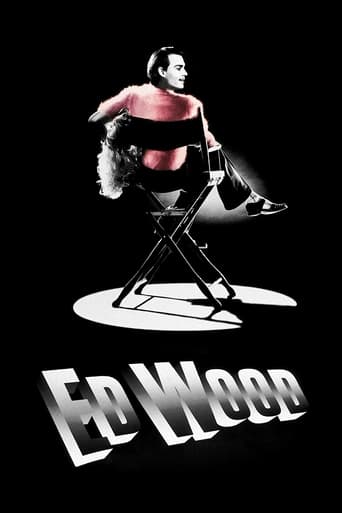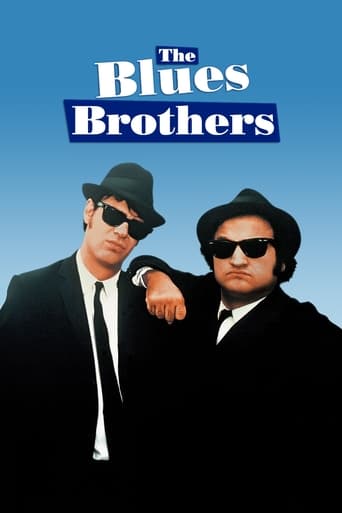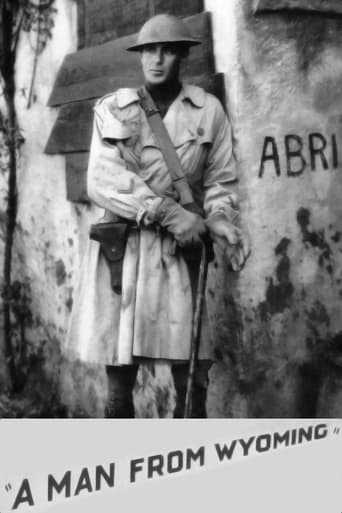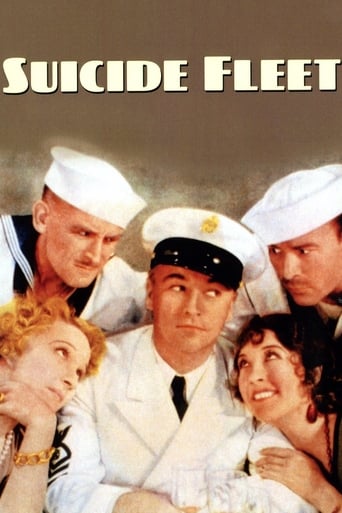
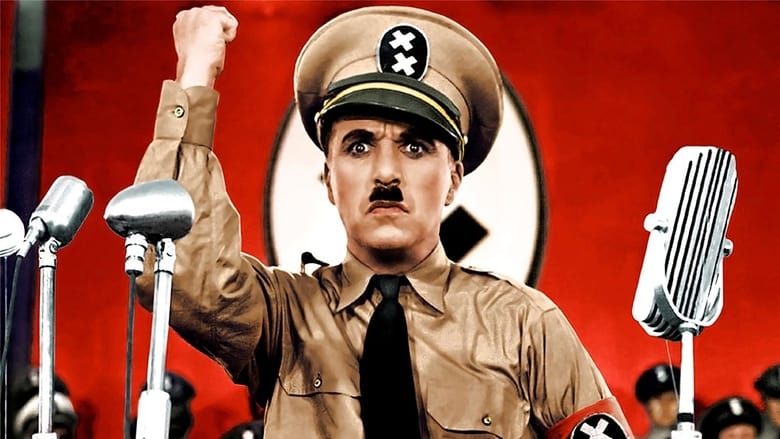
The Great Dictator (1940)
Dictator Adenoid Hynkel tries to expand his empire while a poor Jewish barber tries to avoid persecution from Hynkel's regime.
Watch Trailer
Cast


Similar titles
Reviews
The final speech is beautiful. though the comedy usually doesn't quite work for me and i don't find them enjoyable, charlie chaplin's movies are always wonderful and kind at heart. however, the final scenes in this film were striking and heartfelt in a way that is rare to come by in life. definitely worth watching
Would you think that creating a satirical film that mocked Adolf Hitler at the time of World War II when the USA and Germany were still at peace was a good idea? In fact, this movie was banned in some countries. Even England did not allow it to be played. In the final scene of The Great Dictator, directed and starred by Charlie Chaplin, he gives an inspirational speech as Hitler and ironically, warns people to not yield to greedy men, to fight for what's right and to learn to love and appreciate everyone. But, the meaning behind what Charlie Chaplin says, the way he presents this speech and how he wrote it is very unique and powerful that makes the viewer want to hear what he is saying. As the film was meant to satirize Hitler and the Nazi regime, Charlie Chaplin presents his speech similarly to the way Hitler speaks publicly. Hitler's tactic was to start off quiet and soft. He then begins to builds momentum and his voice gets increasingly louder and he puts more emphasis on words. He uses hand and facial gestures to get his point across. Despite being a horrible person, he was a very good orator and that allowed him to become a powerful leader. Chaplin imitates this by similarly starting off quiet and slowly, but getting louder as time passes. You can see the effort of Chaplin's facial features being put to use as he is yelling. This makes the viewer more entitled to listen as words are being thrown loudly in front of them along with intense music that builds up. As people are now actively listening, they understand a sense of what he is trying to encapsulate, that being how humanity can better itself. In the speech, he says, "We have developed speed, but we have shut ourselves in. Machinery that gives abundance has left us in want. We think too much and feel too little. More than machinery we need humanity." (The Great Dictator) The way that Chaplin wrote this speech is also strategically written. He uses contrast to emphasize his point that although we as humans have made progress, there are negative consequences of them and these are the things that we need to realize so that we can change now. By saying these things, he has given us a sense of negativity. He then says, "The misery that is now upon us is but the passing of greed – the bitterness of men who fear the way of human progress. The hate of men will pass, and dictators die, and the power they took from the people will return to the people." (The Great Dictator) He shines a light on the positive side of the bitter society at the time and gives hope for the people. Chaplin then inspires and uplifts the audience to not just do nothing when atrocious things are happening. At the end, he says, "Dictators free themselves but they enslave the people! Now let us fight to fulfill that promise! Let us fight to free the world – to do away with national barriers – to do away with greed, with hate and intolerance." (Chaplin) This gives the viewers a final note to not let men like Hitler rise to power, but to unite for a better world. The ending of the speech is that way because he wants the viewers to support his values. He then says, "You people have the power to create happiness! You, the people, have the power to make this life free and beautiful." (Chaplin) Chaplin uses Logos, pathos, and ethos to convey his point. He wants this speech to be easily understood. The reason why this speech is still relevant today and possibly for many years in the future is because it tackles the idea of oppression and how we must do something as the human race to not allow it to happen. It is important that we understand what happened at the time this movie was made as history is bound to repeat itself when people don't learn about it. This speech was made to reinforce the ideas of democracy and to put an end to tyranny and bring society to a better place. Charlie Chaplin mimics Hitler's oral style to grab the attention of the viewer and put them on the same mindset. He writes a powerful speech utilizing a unique way to connect with the reader to warn us about the dangers that are occurring. He wants us, the people, to stand up against people like Hitler, who he portrayed.
Sure the project is honorable and courageous to kick dictators and alert about the oppressed but a movie is not a political work but an artistic one: honestly i tried to watch it but after 20 minutes of unfunny jokes, heavy pantomimes and silly grimaces, i had enough... The production looks cheap or the sets are really badly build, the scenes are tedious, endless, ... so that's really not my kind of fun and it's really discourages me of watching any Charlot movie after that! For the same subject, prefer the comics Maus!
This is Chaplin's best movie in my opinion. The Great Dictator is a great comedic drama, with some excellent universal messages, which is delivered in the best ever speech on the silver screen. It is without a doubt one of the best satirical movies I have seen, and the themes the movie deals with is still relevant to this day. This movie is an immortal classic!


